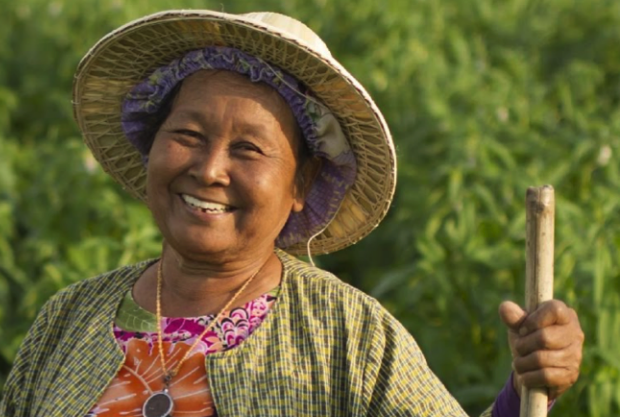Resources
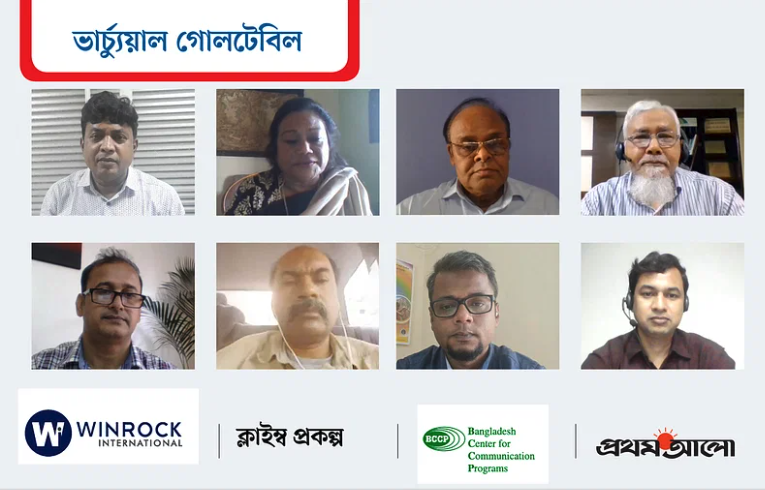
Child Labour Must End in Dried Fish Industry
The USDOL Child Labor Improvements in Bangladesh (CLIMB) project, implemented by Winrock, hosted a virtual roundtable, “Seeking Ways to End Child Labor in the Dried Fish Processing Industry” on Nov. 30, 2020. The event featured a presentation of CLIMB’s research findings on the status of child labor in the dried fish sector. Updates were provided […]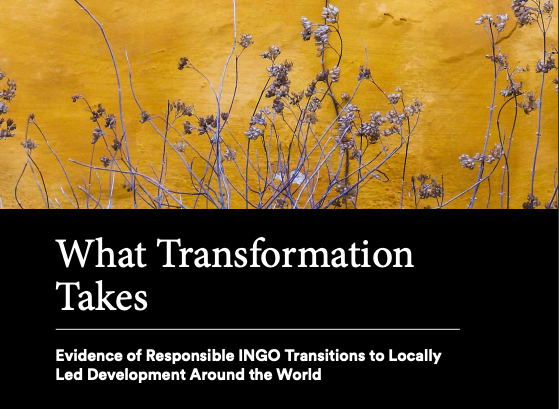
What Transformation Takes: Evidence of Responsible INGO Transitions to Locally Led Development Around the World
The Climate Resilient Ecosystems and Livelihoods (CREL) project, which Winrock implemented in Bangladesh from 2012 to 2018, is featured in, What Transformation Takes: Evidence of Responsible INGO Transitions to Locally Led Development Around the World. The book, a compilation of 19 case studies, praises CREL’s co-management approach for transferring ownership and responsibility to the Bangladesh […]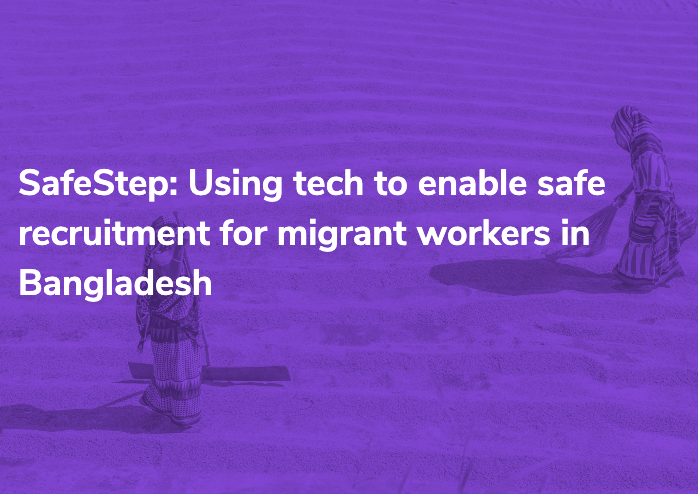
SafeStep: Using tech to enable safe recruitment for migrant workers | Global Fund to End Modern Slavery (gfems.org)
As a part of its partnership with the UK Foreign, Commonwealth & Development Office (FCDO), GFEMS is partnering with ELEVATE to develop and pilot SafeStep, a mobile application to provide workers with tools to make informed decisions about migration. The first iteration of the application, which is now live on the Google Play App Store, […]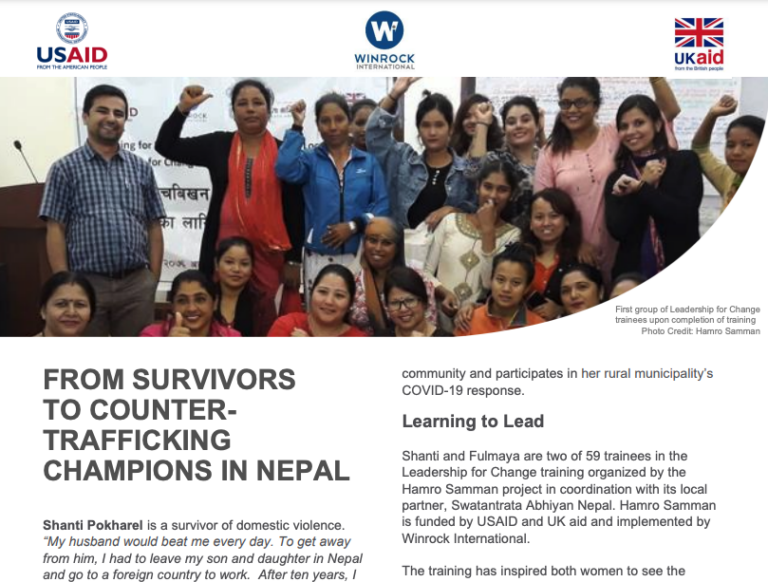
From Survivors to Counter-Trafficking Champions in Nepal
Shanti and Fulmaya are two of 59 trainees in the Leadership for Change training organized by the Hamro Samman project in coordination with its local partner, Swatantrata Abhiyan Nepal. Hamro Samman is funded by USAID and UK aid and implemented by Winrock International.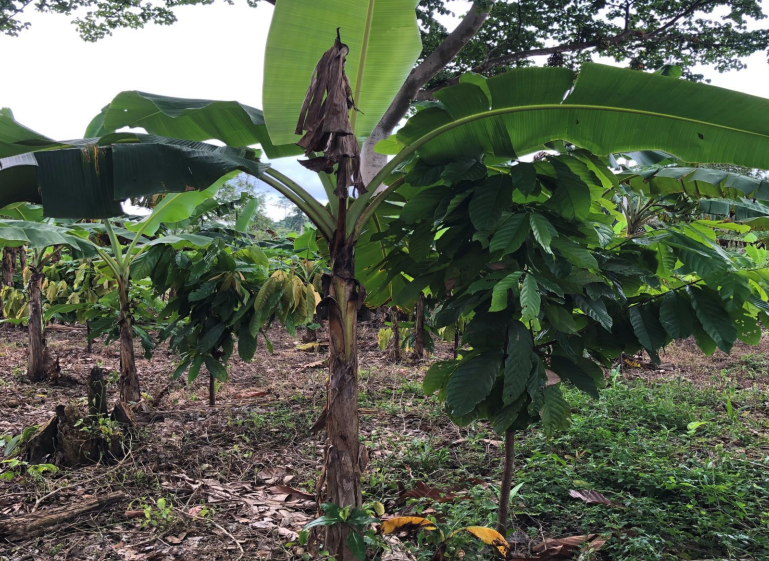
Financing Smallholder Cocoa Rehabilitation in Ghana
In Ghana, the Private Investment for Enhanced Resilience (PIER) project and cocoa trading company ECOM Agroindustrial Corporation (ECOM) are collaborating on developing a sustainable service delivery model for cocoa farm rehabilitation services. These services aim to rehabilitate old and diseased cocoa farms to more resilient agroforestry systems that deliver multiple benefits. Results from our efforts […]
EMPOWER Case Study: Understanding Variation in Real Course Attendance and Achievement
Over the course of implementation of the USDOL-funded Increasing Economic and Social Empowerment for Adolescent Girls and Vulnerable Women in Zambia (EMPOWER) project, staff and stakeholders became aware of anecdotal evidence on project challenges and successes not fully captured in quantitative targets. Winrock designed a case study to examine barriers and facilitators to participation and […]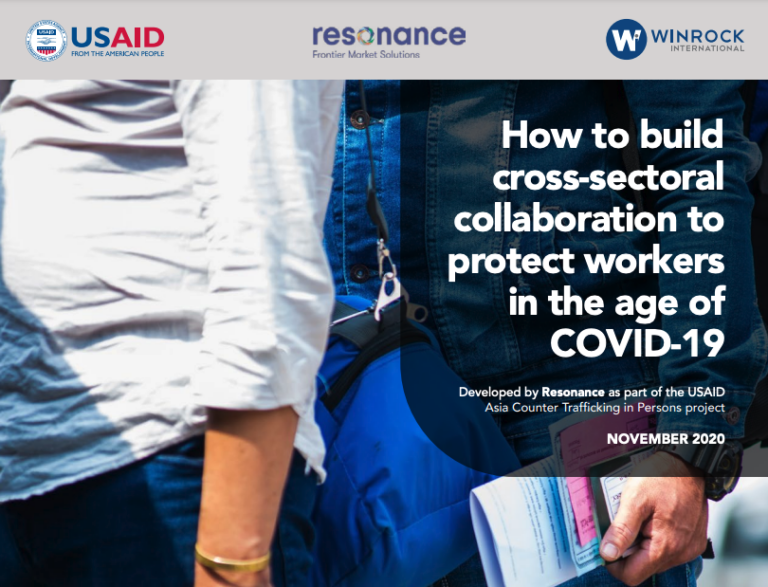
How to Build Cross-Sectoral Collaboration to Protect Workers in the Age of COVID-19
The coronavirus pandemic (COVID-19) has had profound effects on the world economy and global supply chains — damaging companies, creating significant instability and uncertainty for suppliers, and imperiling vulnerable workers worldwide. Among the devastating impacts of COVID-19 is increased vulnerability to trafficking in persons (TIP) and forced labor for job-seekers, migrant workers and at-risk communities.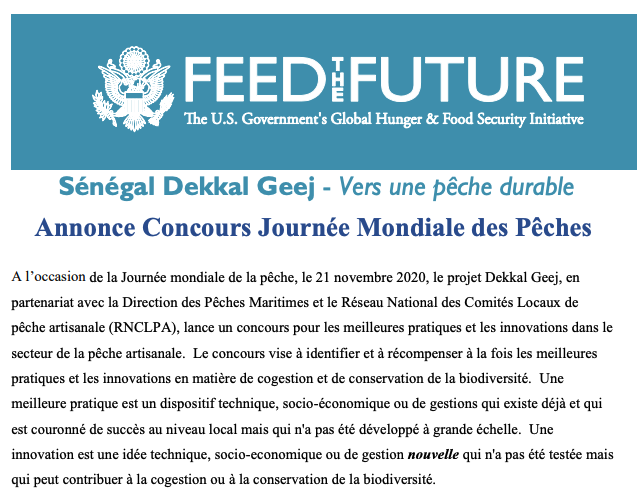
Annonce Concours Journée Mondiale des Pêches
A l’occasion de la Journée mondiale de la pêche, le 21 novembre 2020, le projet Dekkal Geej, en partenariat avec la Direction des Pêches Maritimes et le Réseau National des Comités Locaux de pêche artisanale (RNCLPA), lance un concours pour les meilleures pratiques et les innovations dans le secteur de la pêche artisanale. Le concours […]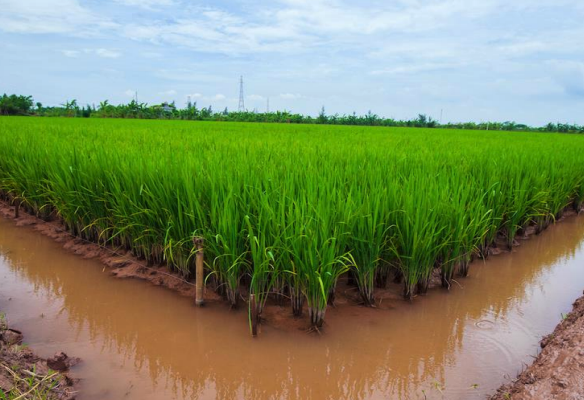
Stung Chinit River Basin Strategic Action Plan
The Strategic Action Plan (SAP) for the Stung Chinit River Basin is the result of a process of identification, analysis and prioritization of actions to reduce water security risks and promote conservation for the sustainable development in the basin. The main goal of the SAP is to implement actions that promote the sustainable development in […]